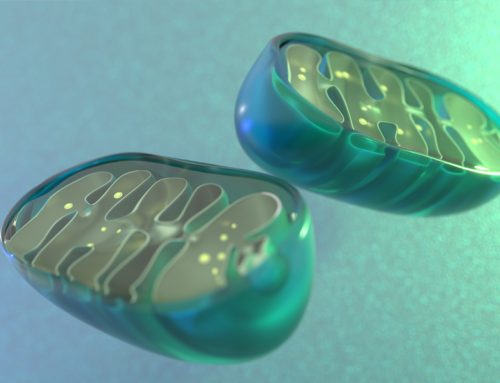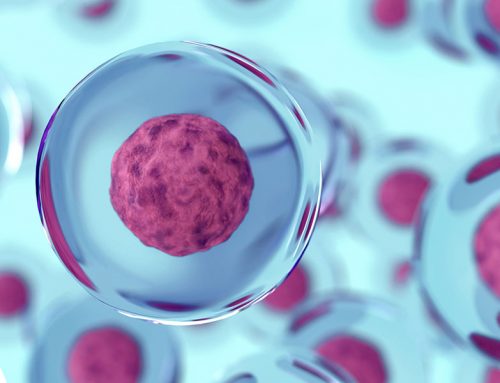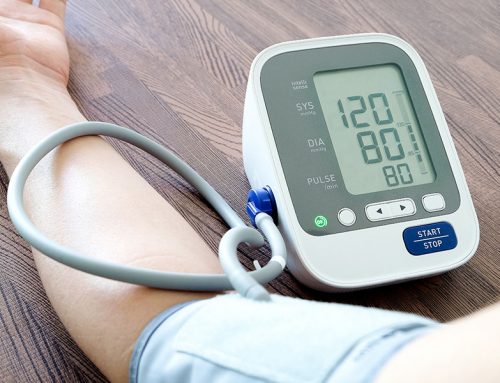
On the Web, there are many poorly documented marketing claims about the absorption of the ubiquinol form of Coenzyme Q10 supplements. A reader has written in to ask about these claims. At this point, there is much more documented evidence for the absorption and the health effects of the more stable ubiquinone form of Coenzyme Q10.
Here, immediately below, is a comment that a reader of the q10facts blog has sent in. I reproduce the comment here with his permission because it raises interesting questions that deserve to be addressed more fully than in a reply to a comment. Underneath the reader’s comment, then, I try to pull together my thoughts on the discussion of ubiquinone and ubiquinol supplements.
The reader’s comments
I am a slightly unusual individual because I have some sort of serious metabolic disease (it may be one called MELAS), which results in severely depleted energy in the cells, and the first thing that fails in my case are the nerves causing me to go into a semi-demented confusion, which I have experienced for “months” at a time in recent years (I am 60).
There is some connection with CoQ10. I am being referred to specialists in mitochondrial disorders for investigation, but I become so ill without supplements, especially CoQ10, that I could not travel to see the specialists even if I was accompanied.
My trials with two brands of ubiquinone … gave disappointingly little benefit. I believe CoQ10 fails to help in about one fifth of mitochondrial disorders.
Then by chance I tried ubiquinol and found it is truly astonishing. I get a strong improvement within only hours from a single low dose. It’s been my bad luck to have an allergic reaction to something in the ubiquinol capsules. …
(But) I took a “single” 30mg tablet yesterday evening, and I did have some sleep problems but, boy oh boy, after two weeks without CoQ10 during which (time) I was extremely dysfunctional all day long, I can now write full sentences, hold my focus, retain new memories, compose posts like this, etc. I only took such a low dose as 30mg in case I hit my allergy problem again and was really testing the allergic response when I got an unexpected improvement from 30mg.
Of course, my metabolism is untypical, so my experiences may not be useful to everyone. However:
POINT ONE: I recall that older people have difficulty converting ubiquinone to ubiquinol; perhaps I have this problem.
POINT TWO: I have also heard that concentrations of ubiquinol in the cells can be made higher than those of ubiquinone.
POINT THREE: I have heard that less ubiquinol is needed compared to ubiquinone to get the same effect or should that be ‘concentration. I’m quite sure that a lot of the new “science” about ubiquinol is marketing hype, supposition, or highly selective research … but that does not necessarily make it untrue – only unproven. My own experience seems to support some of these conjectures.
My thoughts upon reading the reader’s comments
Yes, your situation is unusual. I am sorry to hear about your troubles.
Results from published, peer-reviewed studies
Please remember, on q10facts.com, I want to present the results of published, peer-reviewed studies. I do not want to use individual anecdotes. You mention getting a strong effect from a single dose within only hours of ingestion. That is physiologically very unlikely. It takes time for the ingested CoQ10 to get through the lymph and into the blood stream and increase the concentration. The peak concentration comes some 5 – 8 hours after ingestion.
To your points.
Point 1. Older people
The best evidence I have seen published is that perhaps 4 percent of white Americans and perhaps up to 20 percent of Indians (sub-continent) and Chinese people have a genetic condition that prevents the expression of a gene that codes for the conversion of ubiquinone to ubiquinol as people age. Your point one suggests that this might be a general condition affecting all people as they age. I have seen nothing scientific to suggest that.
Excellent success with ubiquinone in older people
Think, in the KiSel-10 study, Coenzyme Q10 taken orally in the form of ubiquinone was highly effective in improving the cardiovascular health and quality of life of elderly Swedish citizens who were between 70 and 88 years old. The same was true in the Q-Symbio study in which the heart failure patients averaged 62 years of age.
Point 2. Coenzyme Q10 concentrations in the cells
Again, I would like to see the studies that back up this assertion about concentrations in the cells. I think that this assertion comes from an in-vitro study that used intestinal cells in a plastic cylinder digestive system. It was not a study done in humans.
Redox action of Coenzyme Q10 molecules
In the body, the CoQ10 molecules convert back and forth between their oxidized and reduced forms.
But, let’s be clear: the cells need the ubiquinone form of Coenzyme Q10 to produce ATP energy. Ubiquinol is a by-product of the energy production process. Ubiquinol is an important antioxidant; it does not help the cells produce energy.
Point 3. Ubiquinone or ubiquinol?
This point — that less ubiquinol is needed — sounds like a marketing claim. Where are the studies that back up this claim? And we cannot generalize from your experience, Steve, because, as you say yourself, your metabolism is unusual.
With the results from the KiSel-10 study, we can draw on the experiences of 443 elderly people. With the results from the Q-Symbio study, we can draw on the experiences of 420 people.
Ubiquinol converted to ubiquinone in the stomach and small intestine
The best evidence that I have seen, Steve, is that the ubiquinol in a capsule will be converted to ubiquinone in the stomach and the small intestine before it reaches the absorption cells in the small intestine. Then, the absorbed CoQ10 will diffuse into the … let me quote Dr. Judy here … into “lymph capillary in the intestinal microvillus, and (be) transported in the lymph through the abdominal and thoracic lymph duct to the subclavian vein and
then into the systemic circulation.”
Ubiquinol not absorbed better than the crystal-free ubiquinone
You can take ubiquinol, of course, but you probably shouldn’t tell yourself that the ubiquinol you take is absorbed as ubiquinol or tell yourself that the ubiquinol you take is better absorbed than the best ubiquinone supplements are. The most seen comparison of the absorption of the two forms was a comparison of the results from different studies using different methods in different circumstances and in study participants with differing characteristics.
We want to remember that the Coenzyme Q10 supplements’ formulations are not all the same.
What do we know at this point?
So, where are we? The question of whether the ubiquinone or the ubiquinol form is best absorbed is still undecided. Some small studies suggest that ubiquinone may be absorbed as well or a little better, but we do not know enough to make definitive pronouncements. However, we do know much much more about ubiquinone’s absorption, efficacy, and safety. The best scientific experiments have been done with ubiquinone.
Thank you.









Leave A Comment